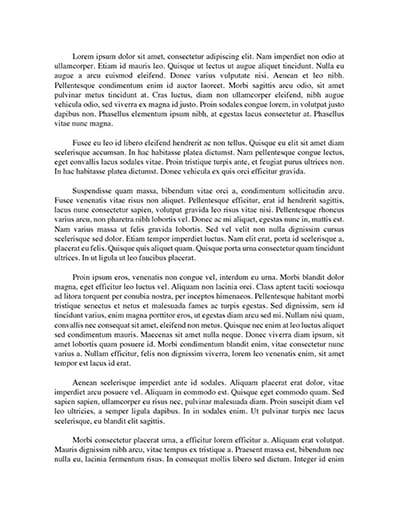Main Scout Finch’s Quotes
The narrator and the main character of the book, Scout Finch is a source of the most noticeable thoughts. Even the people who have never read the book have possibly heard some of her quotes.
Until I feared I would lose it, I never loved to read. One does not love breathing.
(Chapter 2, p. 22)
Scout expresses her love to reading with this phrase. She admits that she has started to value it only when she could lose the chance to read anytime she wants. In a similar way, we don’t notice us breathing. We cannot say we love breathing, but the very moment we stop becomes a moment when we understand its importance to us. In general, Scout demonstrates that we often understand the significance of something only when we are about to lose it. Without such kind of experience, we may never value things properly.
It was times like these when I thought my father, who hated guns and had never been to any wars, was the bravest man who ever lived.
(Chapter 11, p. 105)
Scout admires the ability of her father to accept and communicate with the most unpleasant people. He manages to behave with ease and dignity in the situation, in which other people (including Scout) would lose their temper. The girl admits that it takes courage to save face and act reasonably when you are the only one in the place who acts this way.
Jem was twelve. He was difficult to live with, inconsistent, moody. His appetite was appalling, and he told me so many times to stop pestering him I consulted Atticus: “Reckon he’s got a tapeworm?
(Chapter 12, p. 117)
Scout is four years younger than her brother and cannot understand the difficulties of an awkward age. however, with the help of her father, she starts to tolerate Jem’s behavior.
The book is a coming-of-age story. We follow how the children have to take leave of their illusions and childish simplicity. Besides, the author demonstrates the natural side of this process and in a way сalls us to treat the transitional age with understanding.
Well, I hoped Jem would understand folks a little better when he was older; I wouldn't.
(Chapter 16, p. 160)
As the story goes, the children have to face the ugly side of social life. It confuses them and at first, they refuse to accept it as a fact. Scout and Jem feel overwhelmed with the meanness that people of the town demonstrate regarding the fact that Atticus defends the black man.
Atticus in its turn tries to protect them from bitterness they might feel after all. He says that to understand people is easier when you get older. With difficulties, but Jem seems to agree with him. Scout in her turn shows the skepticism towards the possibility of understanding people.
I think there's just one kind of folks. Folks.
(Chapter 23, p. 230)
As the children have a hard time getting a sense of people’s actions, they try to understand what differs people from each other. Jem suggests the theory of the four kinds of people. And that the Finches, Cunninghams, Ewells and black people belong to the different kinds. That is why they don’t get along with each other. Scout doubts that this is the case and says the cited words.
At the same time, these words once again express the core idea of the book. All people are equal. They are basically the same with all their vices and virtues. There is no way to define the kinds of people and let this classification predetermine our attitude towards them. There is no common formula for determining the quality of people. The absence of this formula makes the existence of a free democratic society possible.
Atticus was right. One time he said you never really know a man until you stand in his shoes and walk around in them. Just standing on the Radley porch was enough.
(Chapter 31, p. 282)
These words refer to the words of Atticus about ‘climbing into one’s skin’. The girl finally understands what her father meant saying this. While she is standing on the Radley’s porch, she utterly changes her mind about Boo Radley. Now she gets a sense of the way he lives: what it means to stay in the house all days long and watch the kids horsing around. She understands the peculiarities of his perspective. And above all, she shows respect to it, admitting that her father was right: you never understand the person until you imagine yourself in his/her situation.
As I made my way home, I thought Jem and I would get grown but there wasn’t much else left for us to learn, except possible algebra.
(Chapter 31, p. 282)
The words that show that the events described in the book have turned to be transformative for the children. They indicate that Scout feels she learned a lot of life lessons and has considerably matured. It wasn't an easy or solely pleasurable experience. Still, it has deepened her understanding of the people around her and has shaped her own views on what is wrong and what is right.

